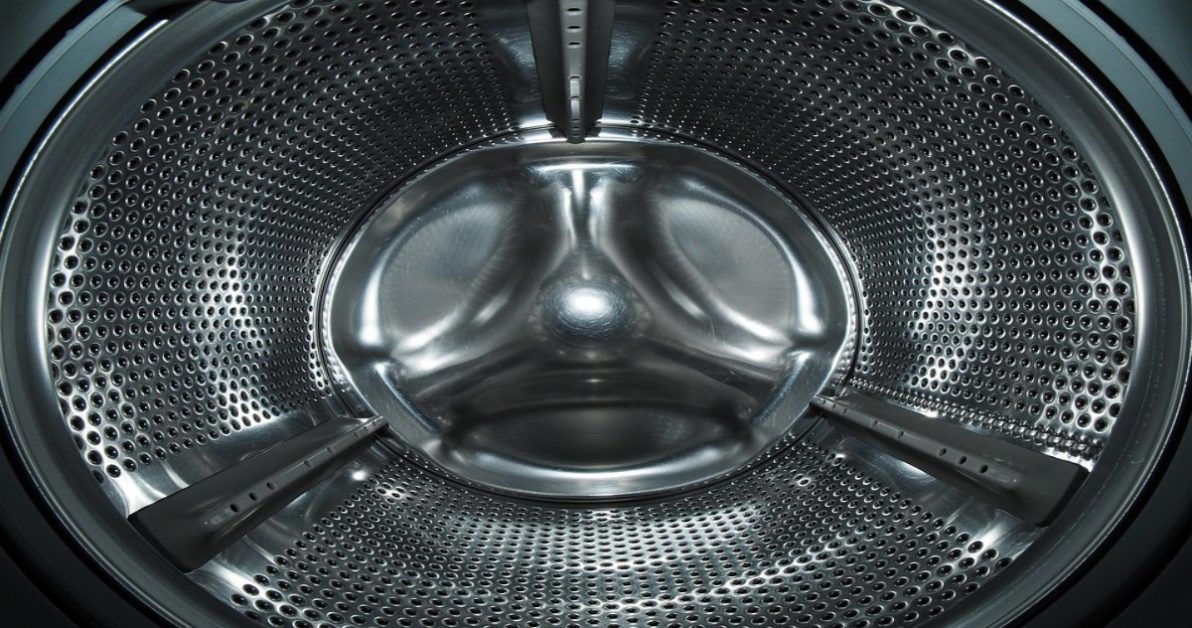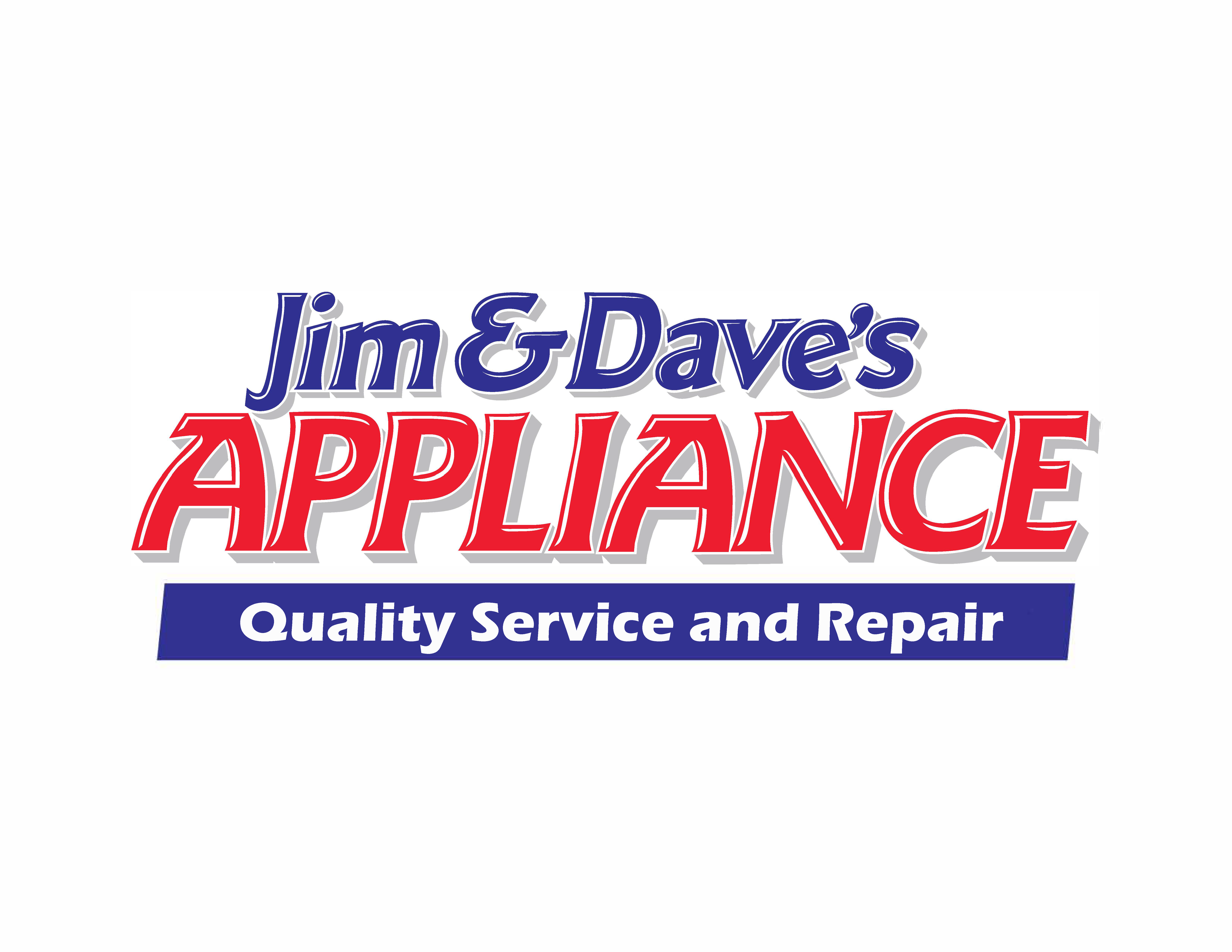Signs Your Washing Machine May Need To Be Repaired

When a breakdown in your washing machine happens, how can you tell what the cause is? In this latest blog from Jim & Dave’s Appliance, we’ll teach you what to look out for when your washing machine starts acting up, and who to call when you think it might need fixing.
Loud Noises
A washing machine isn’t the quietest of appliances — with the hum of the motor, the splash of all that water sloshing around inside, and the sound of the drum rotating, it can be hard to tell if your own washer is making noises that would be considered out of the ordinary. “Worry sounds” like scraping and thumping tend to get worse the more a washer is used, so it can sometimes take a while before you recognize that anything untoward is happening with your own washing machine.
If you hear unusual noises coming from your washing machine such as scraping, banging, thumping, or grinding, there’s a very good chance that it is in need of repair or replacement. Pay special attention to noises that increase over time, as they can indicate a part that is getting ready to fail completely. Banging sounds may indicate a loose drum or a bad motor, while scraping or grinding can mean a part has come loose and is rubbing against other moving parts inside the machine. Regardless of the sound coming from your own washing machine, contact your local appliance repair specialist and have them take a look at it; chances are good that they can do a simple repair or replacement.
Clothes Aren’t Coming Out Clean
Clothes that are just as dirty when they come out of a washing machine as when they went in can be a sign of three things: you are either using too much detergent (which results in a clogged detergent tray), you’re not using enough detergent, or there are parts in your washer that are getting ready to fail. Frayed seals, a bad drum, or a broken heating element can all contribute to your clothes not coming out nice and clean.
Before calling a washer repair specialist, check your washer’s detergent tray for clogs and find out whether your washing machine has a lint trap that may be blocked up; fixing these issues is a simple matter and can be done by anyone. For bigger problems, you’ll need an appliance expert to take care of them properly.
The Washing Machine Is Leaking
A leaking washer is never a good sign. It could indicate a bad seal, a cracked drum, a misaligned door, a failing water sensor, or a clogged supply hose. Some of these issues are easy to spot with the naked eye, but items like a misaligned door or a bad sensor need to be diagnosed by a professional.
Most often, a leak is caused by a loose water supply hose. You can check this yourself by locating the hose on the back of the washing machine; if it is disconnected or you notice moisture anywhere on the hose, it will need to be reconnected or replaced. While you’re back there, make sure to check the flow control handle on the wall for leaks.
Before you attempt to repair a leak in your washing machine, consider contacting a professional to handle it instead. One slip-up when trying to fix it yourself, and you could be standing ankle-deep in water before you know it.
The Drum Is Getting Too Much Or Not Enough Water
A drum (the inside of the washing machine that holds the clothes and water) that is filling with too much water will leave some of it behind when a cycle is done. Your clothes may also come out soaked because the spin cycle can’t manage to clear excess water out of the laundry. Whatever the results, an overfilling drum usually indicates a bad sensor, something that can quickly be replaced by your local appliance repair service.
On the other hand, a drum that isn’t getting enough water can be an indication of a bigger problem. This can be caused by a cracked drum, a failing motor, or a sensor gone bad. Depending on the make and model of your washing machine, the drum may not be replaceable, which means you’re going to end up buying a new washer in that scenario. Both the motor and the sensor are items which a seasoned appliance expert should be able to repair or replace easily.
It Smells Like Mildew
Almost nothing is worse than pulling a freshly-washed load of laundry out of a washing machine, only to notice that the inside of the machine’s drum — along with your clothes — smells like mildew. In a case like that, do you wash your laundry again and hope that the smell dissipates from everything, or do you need to do something drastic to get rid of the odor?
Sometimes mildew can be removed from a washing machine by running a couple of cycles using only bleach and hot water. You can also purchase commercial liquids made specifically to clean out smelly washers. Chemical cleaning does not always work to get rid of mildew, however, so you may end up calling a repair specialist to make an assessment. If you’re lucky, the specialist can clean out the mildew themselves, but oftentimes this kind of smell can be quite difficult to remove from a washing machine.
Trust Jim & Dave’s Appliance For All Your Washing Machine Repair Needs
When you have an appliance, big or small, that is in need of repair, get it fixed in record time with Jim & Dave’s Appliance of Colorado! We’ve been providing years of dependable repair service to the Front Range, and we’re willing to tackle any broken appliance, no matter how big the job is. We also specialize in warranty repair for a wide array of brands.
Our expert technicians can repair all types of appliances, including dishwashers, refrigerators, ovens, and even microwaves!
For general appliance repairs and warranty service, contact us today.

